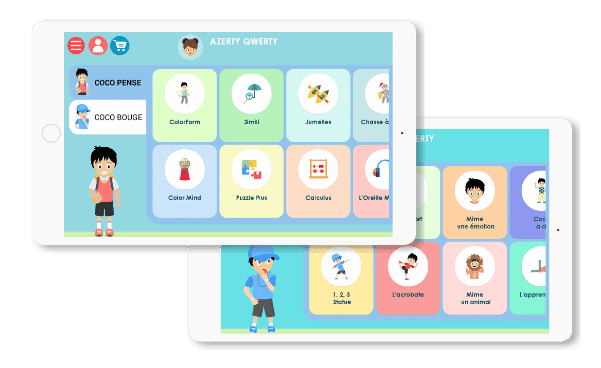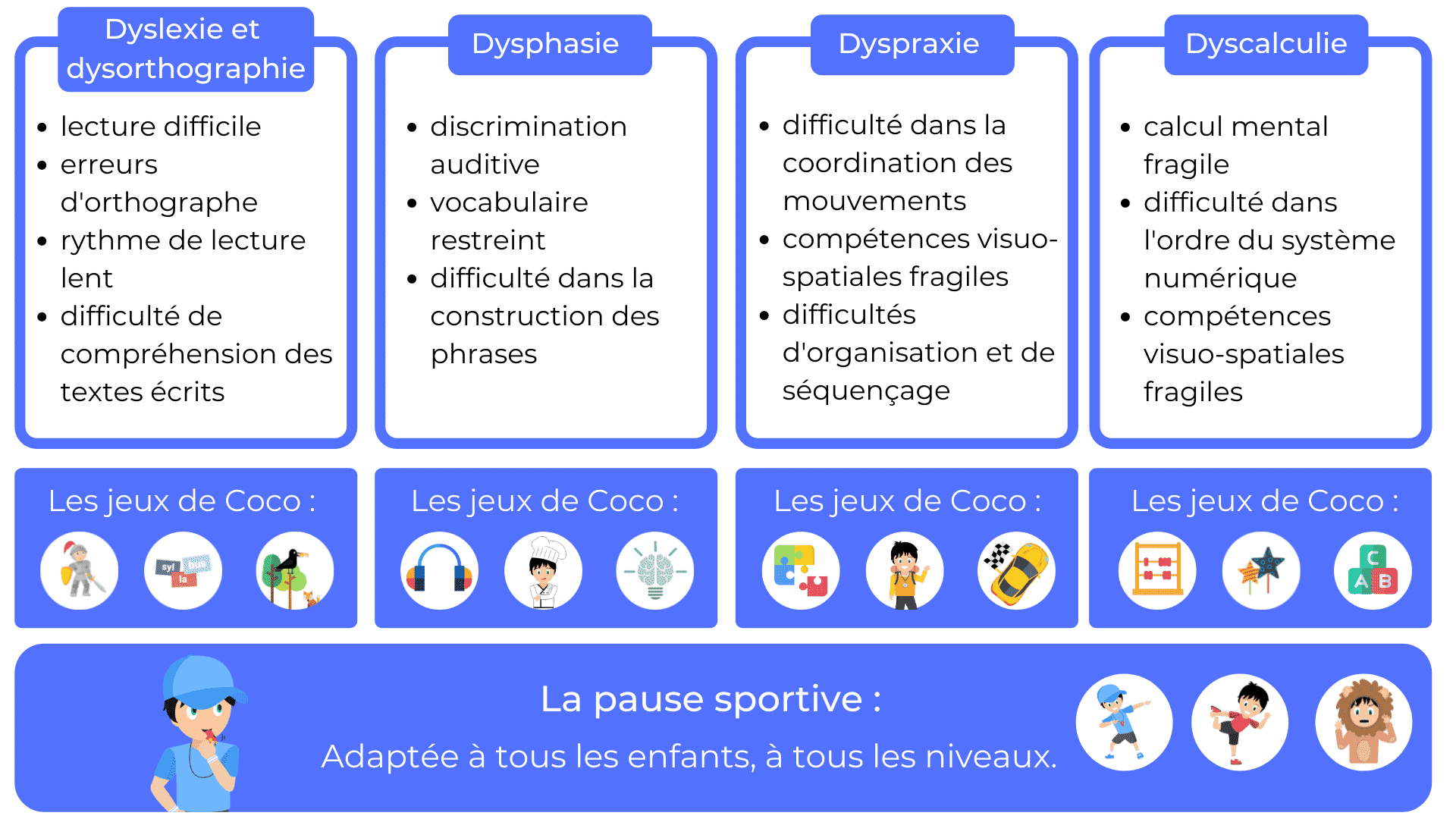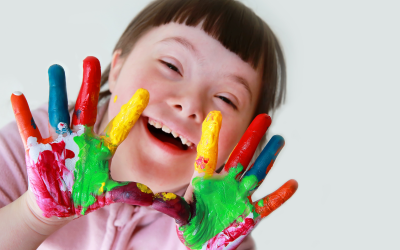Pronunciation defects are quite responsive. The child may confuse, for example, his and her dog. Another defect is the incorrect articulation of consonants, namely: j and g. They disappear on their own little by little without the intervention of a specialist. A defect can come from a malformation of the palate, a hearing problem, etc. It is different from dyslexia, a difficulty in reading How to recognize a dyslexic child? Which support measure for your child? Discover the clear and precise answers to these questions.
What is dyslexia?
A better understanding of this disorder will allow for proper care of the child. Definition and diagnosis of dyslexia.
The definition of dyslexia
Dyslexia is listed as a learning disability. The difficulty in learning is mostly in reading and spelling. This should not be confused with other learning disabilities. A child affected by dyslexia will be called: “dyslexic”. According to statistics, there are more dyslexic boys than dyslexic girls. A dyslexic child retains all his intellectual faculties. It is therefore not an intellectual deficit.
His diagnosis
A diagnosis of dyslexia can be made at school by the school doctor. You can consult an outside doctor. A review can be done between 3 and 5 years. Tests may be requested for diagnosis. The psychologist intervenes to diagnose a psychological disorder. The role of a psychomotrician is to carry out an assessment of the child’s motor skills.
What are the signs of dyslexia in children?
It is common for a child to have a few pronunciation errors when starting school. But if they persist, it is necessary to consult. Discover the signs of dyslexia.
From 3 years old
At this stage of development, there are signs that may suggest dyslexia. However, one should not immediately draw a formal conclusion without consulting a specialist. What are the signs that may indicate dyslexia?
For example, if your 3 year old is having difficulty learning colors. They can be recognized in children who do not have learning difficulties. Dyslexic children also have difficulty learning new words. While he hears them regularly. Another sign is the use of certain words repeatedly. Words such as: “thing” and others. Sometimes a child with dyslexia has no interest in stories.
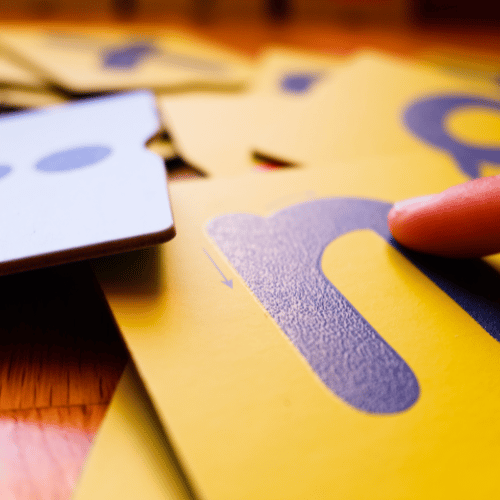
From the age of 6
The child goes to elementary school. Here, various signs can challenge the parents and the teacher. For example, a dyslexic child will have auditory confusion. They will concern certain sounds. Here are some examples to help you understand. A child with dyslexia will say the word “beautiful” instead of “shovel”. He will still confuse the sound “se” and “I”. The child also uses “que” instead of “gue”. So pay attention to every word your child says.
In addition to difficulties with letter-sound correspondence, a dyslexic child has visual confusion. The latter concern certain letters that tend to look alike. This is the case for the letters “d” and “b”.
There are also syllable omissions and inversions. Let’s take the word “plantation” as an example. When it’s an oversight, he’ll say “plantion” rather than the full word. It is easy to remember the days of the week in elementary school. For the dyslexic person, remembering seems to be a painful process.
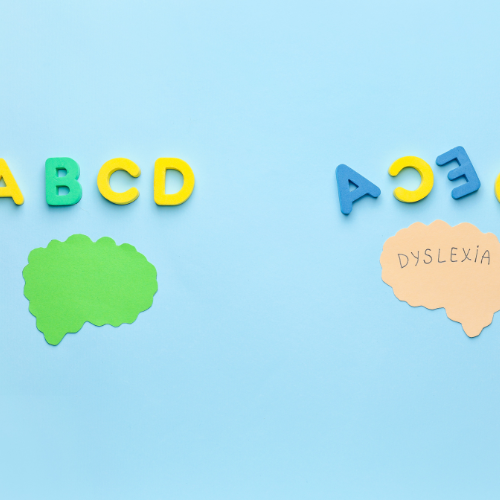
At the age of 8
When the child reaches the age of 8 and over, the disorder is recognizable by difficulties in conjugation. In the second grade, we learn to conjugate several verbs in different tenses of the indicative. Does your child have problems with conjugation? You can do a test by asking him to conjugate simple verbs like: eat, be, have, etc.
Dyslexia is manifested by slow, difficult-to-read writing. He can’t get the words on the same line. This slowness is also observed in the way he reads. Not to mention the many spelling mistakes.
What support is available for a dyslexic child?
Rehabilitation methods in specialized centers are effective if the treatment is started in time. Not to mention the parents’ share.
What accompaniment at home?
You can help your dyslexic child by creating the right conditions for learning. If the dyslexic child has not yet entered school, parents can offer age-appropriate activities. The purpose of these is to facilitate his learning to read. Adopt good reflexes with the intention of promoting better understanding. The parent should speak slowly to the son or daughter. Articulate your words well when you speak to him. Do enough repetition.
Compose complete sentences. Use the words without altering the way you say them. Avoid getting angry and scolding them. Focus on activities that will reinforce his language. With this in mind, feel free to read stories to the child every day. Select interesting stories so that the dyslexic child will find them interesting.
What can a speech therapist do?
A speech-language pathologist is a specialist who practices in the field of speech-language pathology. It is a paramedical discipline. It concerns all age groups. The speech-language pathologist is a qualified professional. A child with dyslexia may benefit from the services of a speech therapist. The visit to this specialist’s office is for speech therapy. The objectives to be reached by the dyslexic person are diversified.
First, the child must be made aware of the language. The speech therapist’s work begins with a careful assessment of the child’s abilities. This will determine the weaknesses and strengths. The rehabilitation will then be done according to these different data. The speech-language pathologist helps the child develop the sounds of the language.
COCO THINKS and COCO MOVES, a program to support learning for DYS children
COCO accompanies dyslexic, dyspraxic, dysphasic and dyscalculic children
Other articles that might interest you:
Supporting children with autism
Dynseo proposesSUPPORTING CHILDREN WITH AUTISM with COCO THINKS AND COCO MOVESDynseo and its team are very much...
Supporting DYS children with COCO THINKS and COCO MOVES
Dynseo proposesDYS disorders with COCO THINKS and COCO MOVESOur educational and pedagogical games program COCO THINKS...
Language development
Children communicate from birth with movements, crying, looking at each other or with smiles. After only a few months,...
Supporting children with Down Syndrome with Coco
Dynseo proposesDOWN SYNDROME with COCODown syndrome is a non-hereditary chromosomal abnormality that leads to the...
Supporting people after a stroke
Dynseo proposesStroke with CLINT, your brain training coachThe Dynseo team is very involved in helping people who have...
Supporting someone with Alzheimer’s
In this guide, we will detail how SCARLETT can be used for supporting someone with Alzheimer's. SCARLETT is a...
10 myths about the human brain you didn’t know
The brain is an incredible muscle, however there are many things we do not know, and what we do know is not always...
Using Digital Tools to Support Students with Special Educational Needs
Special Educational Needs (SEN) encompass a wide range of learning difficulties and disabilities that can hinder a...
Down Syndrome and Communication: Facilitating Interaction with Visual and Interactive Supports
When we think about Down syndrome, we often recognize it as a genetic condition that affects physical and cognitive...
How to Track Progress in People with Down Syndrome Using Digital Tools
Down syndrome, a genetic condition caused by the presence of an extra chromosome 21, affects approximately 1 in every...


